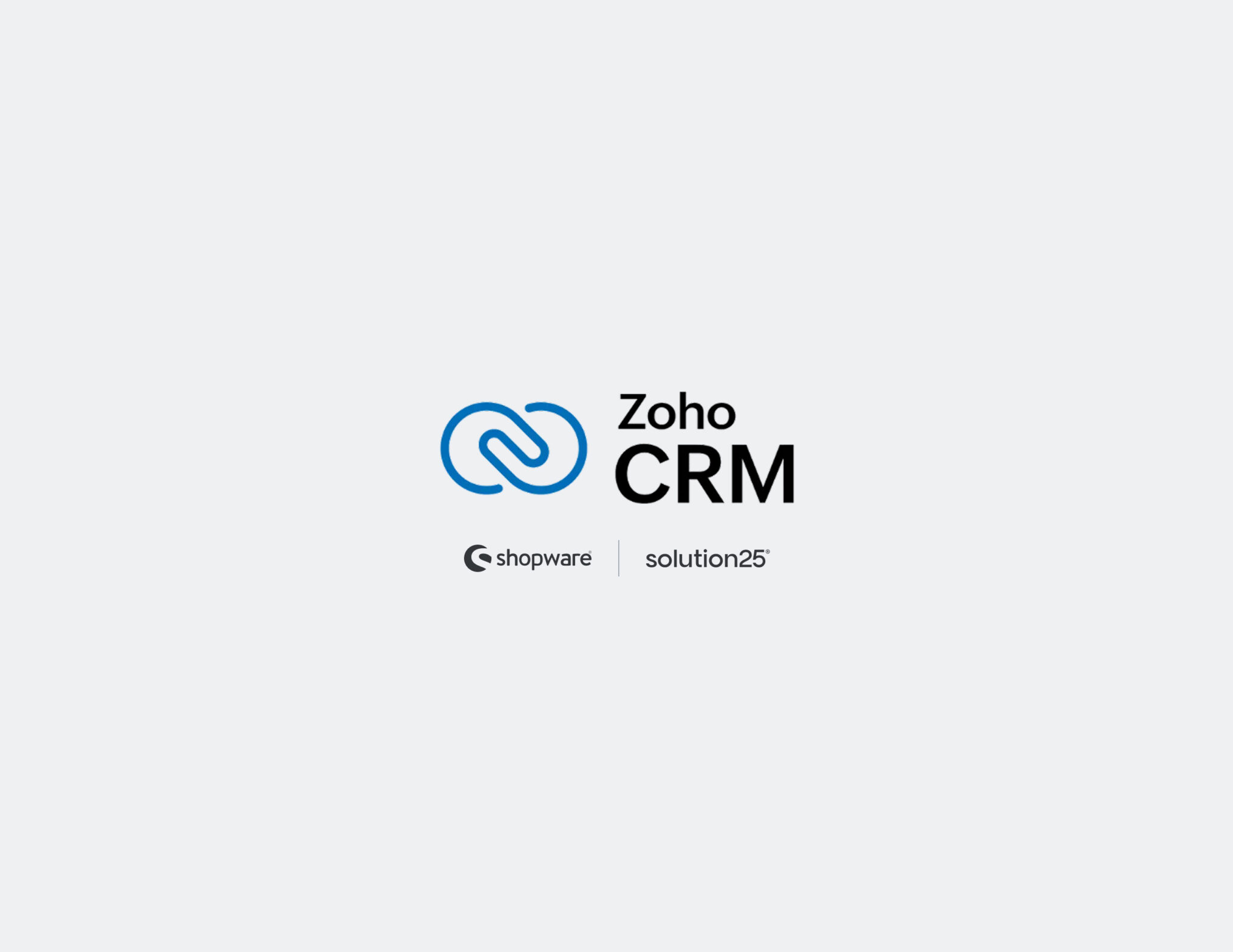
Running an online store is no small feat between managing inventory, processing orders, and keeping customers happy, there’s a lot on your plate. Integrating Zoho CRM with Shopware can lighten that load by connecting your e-commerce platform with a powerful customer relationship management system. This guide walks you through every step of the process, from gathering requirements to troubleshooting issues, so you can streamline operations, nurture leads, and boost sales. Whether you’re a store owner looking to automate tasks, a developer tackling the technical setup, or an agency helping clients succeed, this guide is designed to make the integration smooth and effective. By the end, you’ll have a system that syncs customer data, orders, and products, transforming how you manage your business.
Zoho CRM is a cloud-based platform that helps businesses of all sizes manage customer relationships, track sales, and automate workflows. It offers a wide range of features, including lead and contact management, sales pipeline tracking, workflow automation, AI-powered insights (via Zia), and advanced analytics. With its scalability and flexibility, Zoho CRM caters to small startups as well as large enterprises.
Key features include:
Zoho CRM’s robust API and integration capabilities make it an ideal choice for eCommerce businesses looking to align their online store data with customer relationship management processes.
Integrating Zoho CRM with Shopware offers significant advantages for eCommerce businesses:
The Zoho CRM-Shopware integration supports a variety of use cases, including:
Before starting the integration, ensure all technical and account-related prerequisites are met to avoid issues during setup.
To establish a secure connection, you’ll need:
The Zoho CRM integration plugin is typically available in the Shopware Store under the “Integrations” category. Alternatively, custom plugins may be provided by Zoho partners, digital agencies, or development teams. If using a custom module, you’ll need to upload it manually via the Shopware admin panel.
Follow these steps to install the plugin:
Upon activation:
To link Shopware with Zoho CRM:
Choose which Shopware data to sync with Zoho CRM:
You can enable two-way sync (optional) to allow updates from Zoho CRM to reflect in Shopware, such as updating customer details or order statuses. Ensure your Zoho CRM plan supports two-way sync before enabling this feature.
Map custom fields between Shopware and Zoho CRM to align data structures:
Field mapping ensures that data is structured consistently across platforms, enabling detailed segmentation and reporting.
While Zoho CRM doesn’t offer a dedicated sandbox environment, you can simulate transactions using test records:
To monitor integration performance:
zoho_crm_integration.log
.Test the following scenarios to ensure robustness:
Check Shopware logs for:
Ensure no conflicting plugins interfere with API operations. Common culprits include:
If issues persist, consult the plugin’s documentation or contact the plugin developer for support.
.env
file or an encrypted configuration.While Zoho CRM doesn’t process payments, you can:
What happens if the integration fails?
Check logs in Shopware and Zoho CRM for errors. Re-authenticate if tokens are expired, and verify endpoint configurations. Most issues stem from misconfigured credentials or network interruptions.
Is there a limit to how many records can sync?
Zoho CRM’s API call limits depend on your plan (e.g., 100,000 calls/day for Enterprise). Sync large datasets in batches to avoid hitting limits.
Can I map custom fields?
Yes, both platforms support custom fields. Use the plugin’s admin UI to map Shopware attributes (e.g., customer group) to Zoho CRM fields.